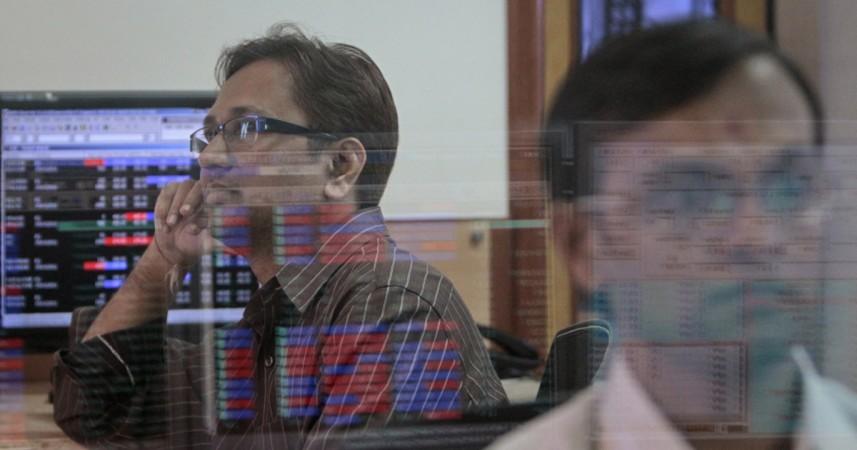
India's stock markets have not reacted negatively to the US tariffs of late and consumption-related stocks were specifically insulated from the external threat over robust policy response from the government, according to Christopher Wood, a leading analyst at the US broking firm Jefferies.
In the latest 'Greed & Fear' report by Jefferies, Wood and its team acknowledged that while a 50 per cent tariff does not pose any direct impact on Indian corporates, it has blackened the outlook for small and micro enterprises (SMEs) in the labour-intensive sectors if sustained for a longer time.
According to Wood, the plan to rationalise the Goods and Services Tax (GST) structure was long due, but the process accelerated after the US imposed steep tariffs on Indian imports.
"GST cuts are proven to be self-financing as it will generate more sales. The impact on the fiscal position of the central government is minimal," Wood said in the 'Greed & Fear; report.
He further stated that tax cuts announced in the Union Budget are going to boost the purchasing power of crores of Indians, and GST rate rationalisation will further boost the disposable income of more people.

The impact of GST cuts will be deflationary, and the recent monetary and fiscal easing is likely to lift the nominal GDP growth from the next fiscal year.
However, "the longer the tariffs are in place, the more the negative consequences will show up", Wood said in the report.
Another report by the US broking firm earlier this month recommended its clients to purchase Indian stocks rather than sell them, as US President Donald Trump's tariff policies are bound to take a U-turn.
Wood suggested that its clients consider investing in India owing to the current global market environment and the possibility that Trump will eventually change his stance, which is not in America's interest.
Wood stated that Trump's actions against major economies could drive the BRICS nations -- Brazil, Russia, India, China, and South Africa -- toward de-dollarisation.
De-dollarisation is a situation where countries use a non-dollar currency for transactions instead of the US dollar. The analyst said that Jefferies has consistently maintained a bullish stance on India, especially in its Asia (ex-Japan) long-only portfolio.
(With inputs from IANS)














